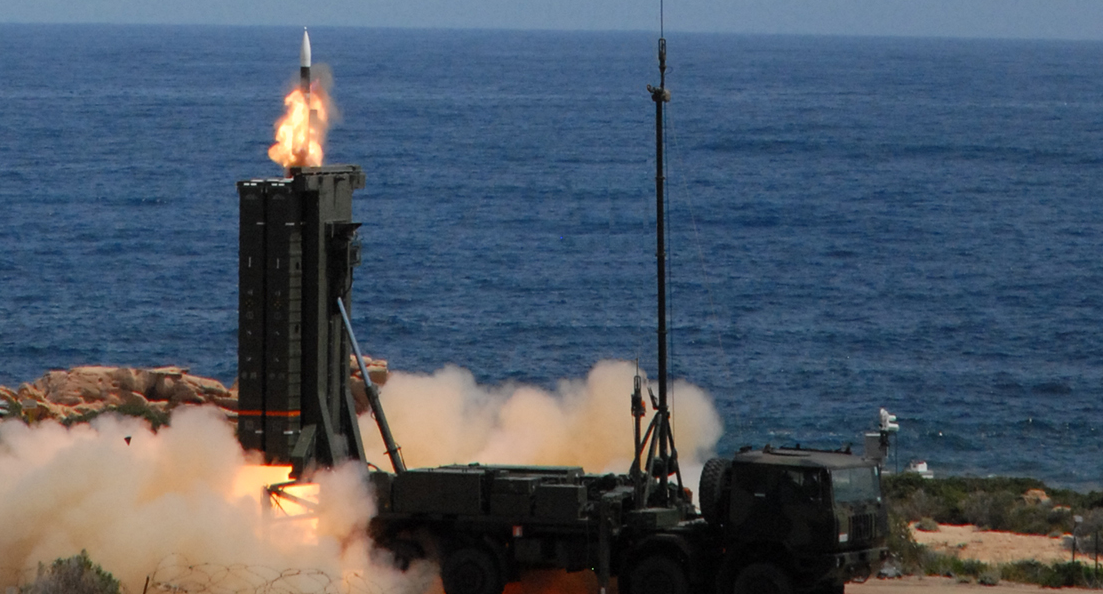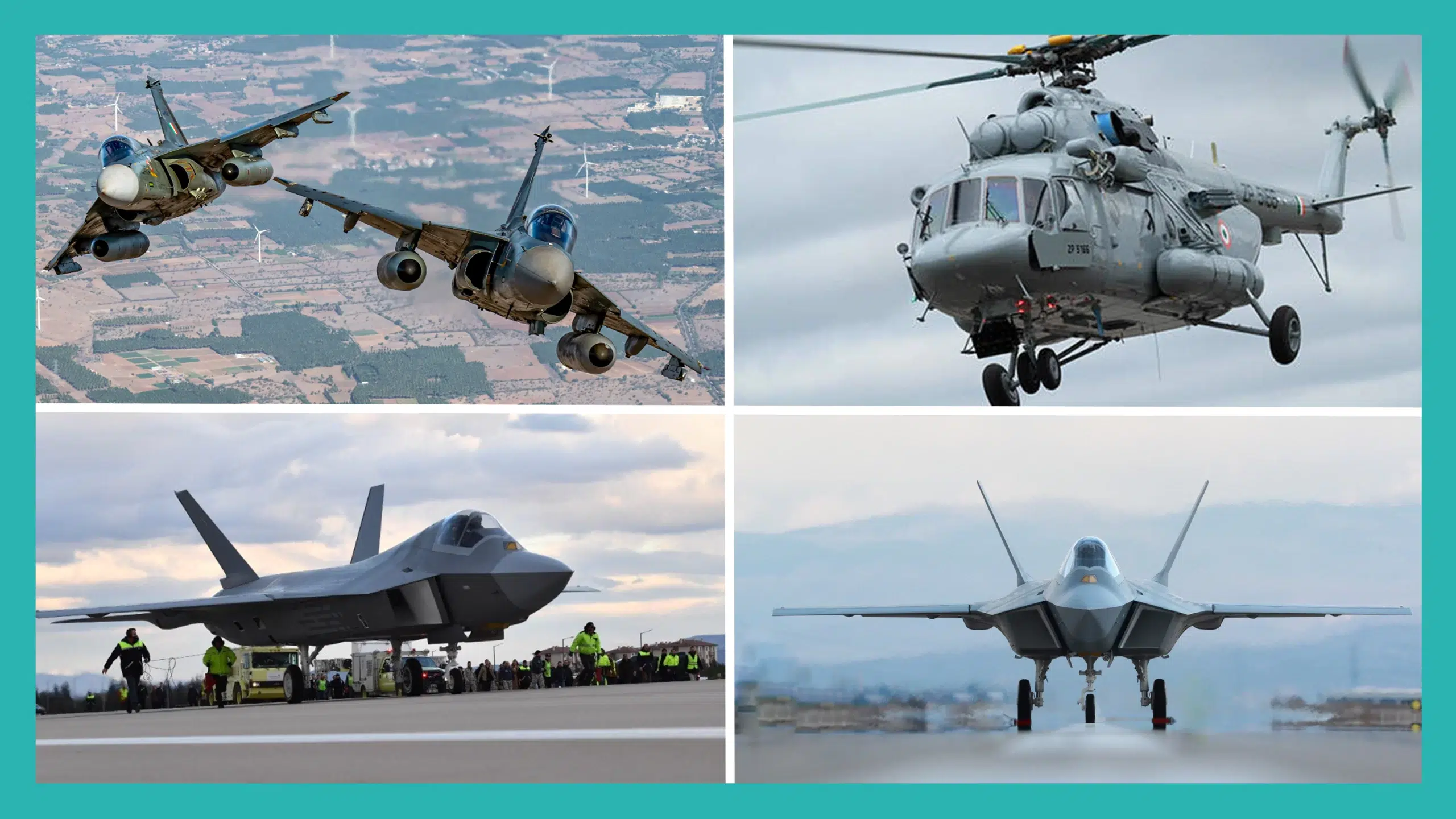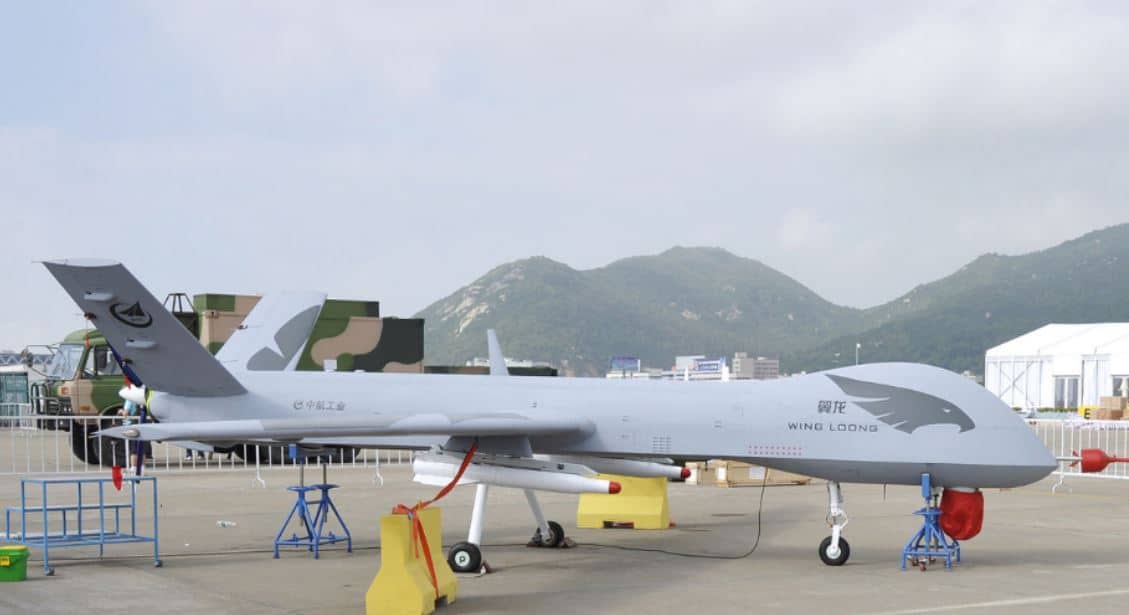2444Views 0Comments

Turkey reportedly in talks for SAMP/T Aster 30 SAM
According to the Daily Sabah, Turkey is negotiating with Eurosam for the procurement of SAMP/T Aster-30 long-range surface-to-air missile (SAM) systems.
Eurosam is a consortium co-owned by MBDA France, MBDA Italy, and Thales Group. Its principal offering is the Aster-30-based SAMP/T (short for Surface-to-Air Missile Platform/Terrain), which is the land-based version of MBDA’s Aster-30-series of naval SAM systems.
The Undersecretariat for the Defence Industry (SSM) and National Defence Ministry opened talks with Eurosam on the prospect of a potentially two-pronged program.
First, the “short-term bridge solution” involving the straightforward import and integration of the SAMP/T into Turkey’s air defence network.
Second, the possibility of a long-term program involving the transfer-of-technology and co-production by the Turkish defence industry.
Following its decision to walk away from China’s HQ-9 offer (which had originally secured the Turkish long-range SAM requirement), Turkey had assigned its domestic industry – specifically Aselsan and Roketsan – to develop a long-range SAM system.
However, the Daily Sabah had learned that it would require 10 years for the Turkish defence industry to develop such a solution. Despite that, a possible SAMP/T acquisition would not mean the end of this local initiative. Moreover, a Eurosam official had told the Daily Sabah that the company was in favour of offering Turkey concessions in technology-transfer and co-production.
Notes, Comments & Analysis:
The SAMP/T was among the original front-runners of Turkey’s ill-fated T-LORAMIDS long-range SAM program, which was awarded to China Precision Machinery Import Export Corp (CPMIEC)’s HQ-9.
However, NATO’s concerns over the induction of a non-NATO system within its wider air defence network prompted Ankara to walk away from what could have been a landmark $3.44 billion U.S. deal, which had even included a transfer-of-technology component. Subsequently, Turkey had re-examined its remaining options, namely the Lockheed Martin and Raytheon Patriot, and the Eurosam SAMP/T. However, Turkey opted to depend on its domestic industry to develop a long-range SAM system.
Although Turkey is enthusiastic about indigenizing the sources of its defence systems, there are genuine technology obstacles ahead of it, especially in terms of developing complex solutions, such as effective long-range SAMs. Through its membership in NATO as well as its compliance with various international norms regarding weapons development and exports, Turkey benefits from extensive access to valuable commercially-off-the-shelf technology and expertise in propulsion, guidance systems and sensors.
Given the far-reaching nature of its indigenization drive (which has encompassed tanks and light armoured vehicles, unmanned aerial vehicles, surface warships, sensors and other systems), it would be surprising to see Turkey discontinue its efforts to develop a long-range SAM system.
Turkey is not a stranger to the SAMP/T. In fact, when NATO decided to bolster Turkey’s air defence stature in light of possible missile attacks from Syria, Italy had deployed a SAMP/T unit. Through other programs, most notably the T-129 ATAK attack helicopter, Italy had emerged as a key technology provide to both the Turkish armed forces and the Turkish defence industry. In terms of intergovernmental relations, Ankara should be well-acquainted with at least the Italian side of Eurosam.
The SAMP/T Aster-30 has a maximum range of over 100km and a maximum speed of Mach 4.5. It is a vertically-launched system that can be utilized from land and sea. The Aster-30 can also be paired with a number of long-range multi-functional radars (especially from Thales and Leonardo). At this stage, one can only speculate if Turkey will connect the SAMP/T or Aster-30 to its own efforts.


